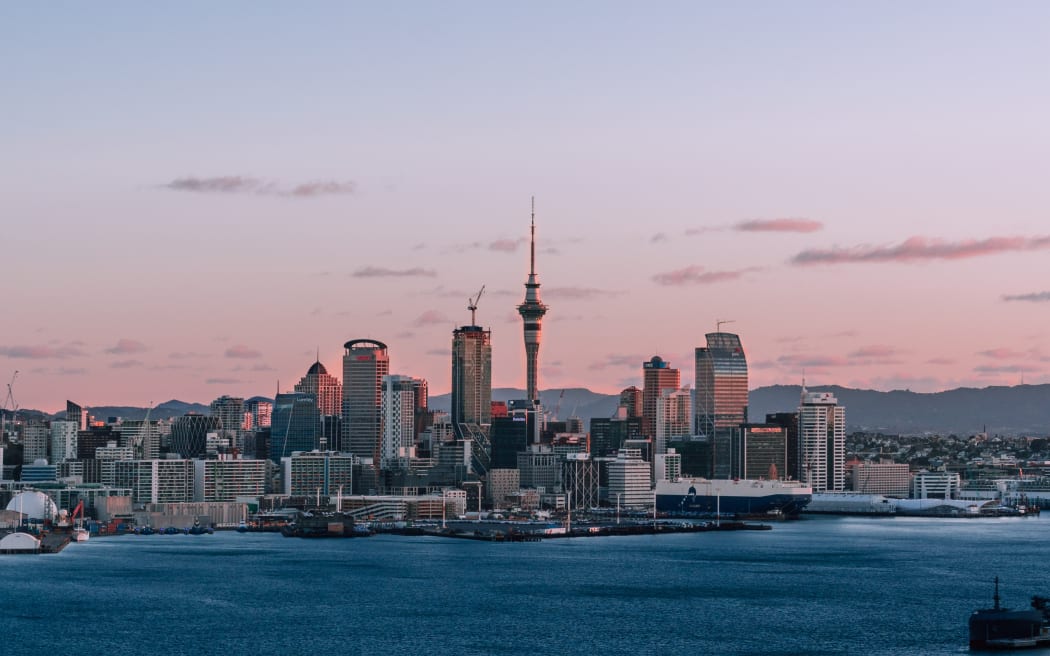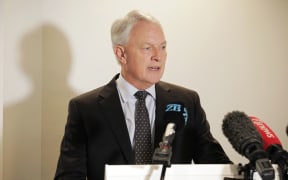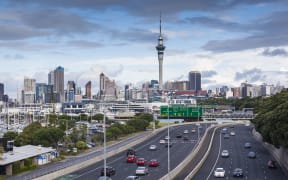Climate change, inequality and finances have been named the biggest challenges for the next Auckland Council.

Auckland's goal is to halve its emissions by 2030 and have net zero emissions by 2050. (file image). Photo: Unsplash / Sulthan Auliya
The council has released its pre-election report today ahead of local body elections in October.
Written by council staff and chief executive Jim Stabback, it aims to give the next council an insight into hurdles it is likely to face.
Climate change
Climate change tops the list and the next council will have its work cut out if it wants to reach the city's climate goals.
The report stated if urgent action was not taken to significantly reduce Auckland's greenhouse gas emissions, they were expected to increase by around 19 percent by 2050.
The city's goal is to halve its emissions by 2030 and have net zero emissions by 2050.
In order to do this, there needs to be:
- A 65 percent decrease in stationary energy (such as building heating) emissions
- A 64 percent decrease in transport emissions
- A 24 percent decrease in waste emissions
- A 15 percent decrease in agriculture emissions.
The report reiterated a rates increase is needed to ensure the council has enough money to reach its goals.
A Natural Environment Targeted Rate has been proposed in the 2022/2023 Annual Budget, which is expected to create a $311 million fund over 10 years.
This is in addition to the Climate Action Targeted Rate, which has also been proposed in the budget and will create $574m in a decade, to increase the number of buses, ferries, cycling and walking options in the city.
Together, these would see a 5 percent annual rates increase across the city.
Finances
The report also warned the current annual rates cap may have to be reconsidered.
Last year the council agreed to only put up annual rates by 3.5 percent for the next 10 years, but increased rates by 5 percent this year to account for Covid-19.
The report stated the money coming in did not match how much the council had to spend.
The council has already proposed another five percent increase in the 2022/2023 financial year and more is needed.
It also proposes a $15m cost reduction through efficiency measures, such as recruitment controls, in the 2023/2024 financial year, which would grow to $30m per annum from 2024/2025 onwards.
Inequality
The report said more of the council's policies and investment needed to be prioritised to the communities who were the most vulnerable.
More targeted climate change funding and pandemic recovery measures could also be allocated based on a priority scheme, it said.
With Auckland house prices now around 10 times the average income, and the fourth most unaffordable in the world, the council should also look at increasing access to employment within each community.
Stabback told Checkpoint the council had "set some ambitious targets and we know we need to spend more money to really have an impact on on carbon reduction in line with those ambitions".
But overarching all of its three main challenges was council's "obligation to fund and finance council in a way that's sustainable, and make sure that our costs are in line with our ability to raise revenue".
"Revenue is a function of a number of things, right? Rates is one of those. Of course that's one of the choices that councillors will have. On the other side of the equation we always have choices about about how we might deliver services differently to manage within our cost envelopes.
"We're facing inflation pressures of 7 percent or so and we can see that pressure being maintained into the current to mid term future. That sets our cost trajectory to grow faster than the rate of income, which is largely a function of rates.
"So, once again, these are decisions for an incoming council to make ... do we make adjustments to revenue on the rates side? Or do we make adjustments to costs and the services that are delivered as a function? Of course, the right answer or the answer at the end of the day, might be a combination of those things."
Stabback would not speculate on what services might have to be cut, if it came to that.




